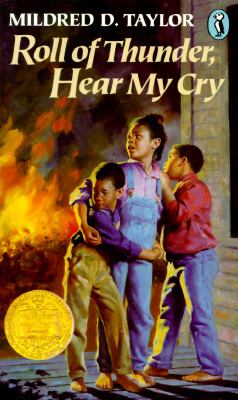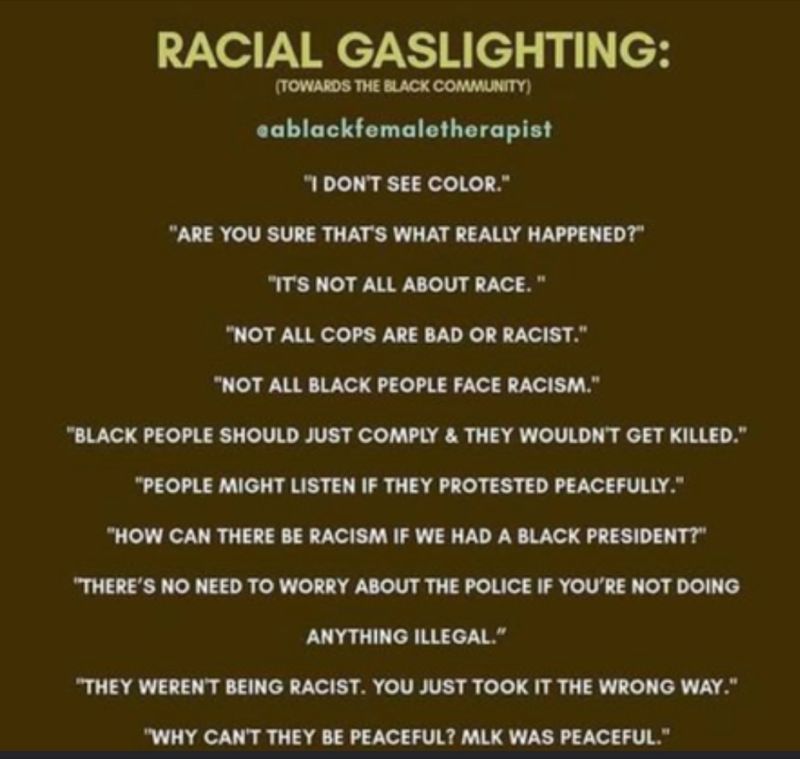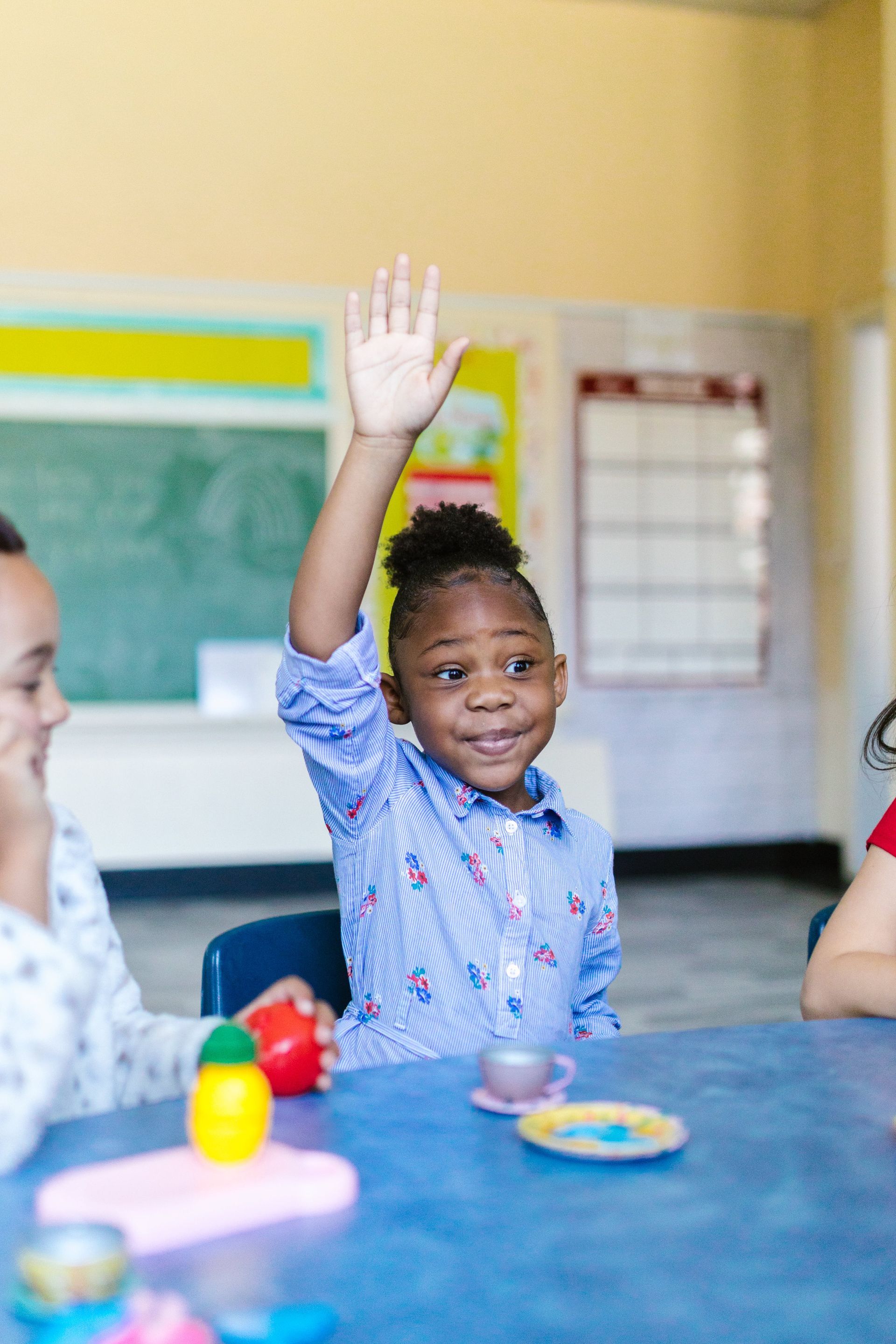What kind of teacher are you?
What kind of teacher are you? Really think about that for a moment… How often do you ask yourself that question? I work with teachers to critically think about that tough question.
Mosaic Education Network, LLC conducts professional development workshops on critical self-reflection practices for schools, non-profits, and businesses using history, research, and contemporary art. It’s not your typical PD session. We don’t offer step-by-step instructions on how to deliver educational materials. We tell stories. We assist you in thinking about what you are thinking about. We help you evaluate the relationships you have with your students and how it affects their success.
Dr. Robert Pianta of the University of Virginia’s Curry School of Education offers us some practical self-reflective approaches to engaging our students and raising our expectations of them. Although these approaches work well for building relationships with all students, it can be most beneficial for the students we find most challenging.
Read the steps below. Try them and tell us what happened. Let’s start a conversation!
7 Ways Teachers Can Change Their Expectations
-
Watch how each student interacts: How do they prefer to engage? What do they seem to like to do?
-
Listen: Try to understand what motivates them. How they view you, their classmates and the activities you assign them?
-
Engage: Talk with students about their individual interests. Don’t offer advice or opinions – just listen.
-
Experiment: Change how you react to challenging behaviors. Rather than responding quickly in the moment, take a breath. Realize that their behavior might just be a way of reaching out to you.
-
Meet: Each week, spend time with students outside of your role as “teacher” playing a game or other nonacademic activity they’d like to do with you. Your job is to NOT teach but watch, listen and narrate what you see, focusing on students’ interests and what they do well. This type of activity is really important for students with whom you often feel in conflict or who you avoid.
-
Reach out: Know what your students like to do outside of school. Find both individual and group time for them to share this with you. Watch and listen to how skilled, motivated and interested they can be. Now think about school through their eyes.
-
Reflect: Think back on your own best and worst teachers, bosses or supervisors. List five words for each that describe how you felt in your interactions with them. How did the best and the worst make you feel? What specifically did they do or say that made you feel that way? Now think about how your students would describe you. Jot down how they might describe you and why. How do your expectations or beliefs shape how they look at you? Are there parallels in your beliefs and their responses to you?
Read, reflect and write us below!












